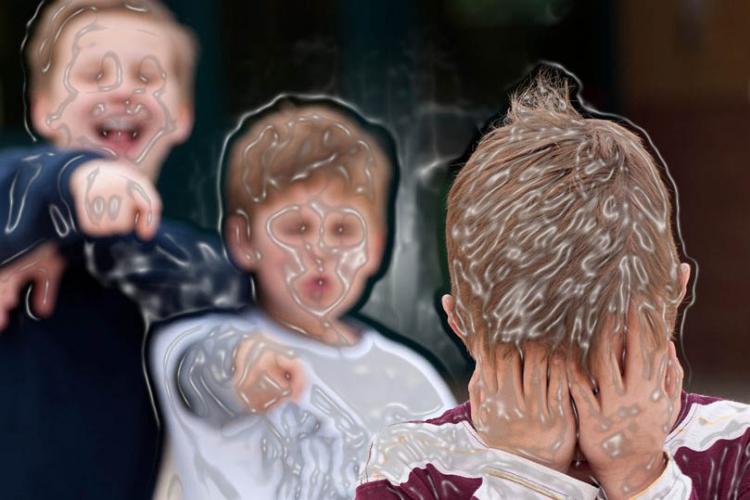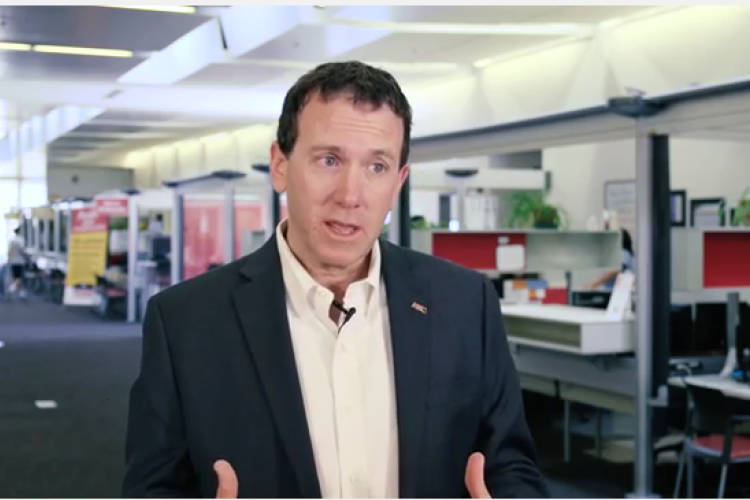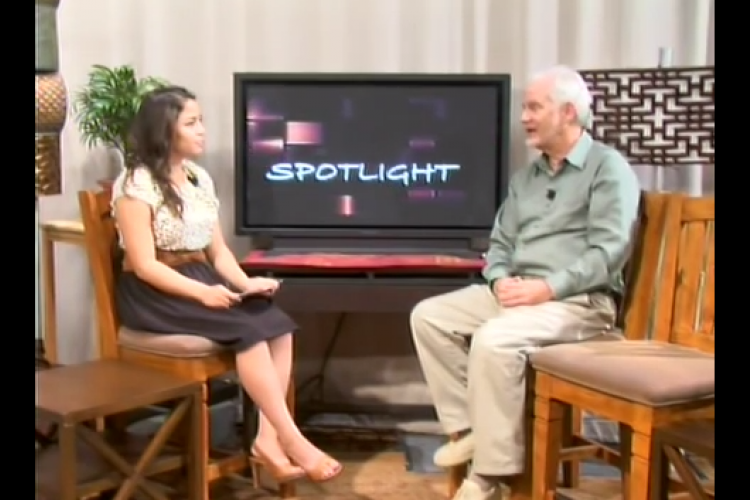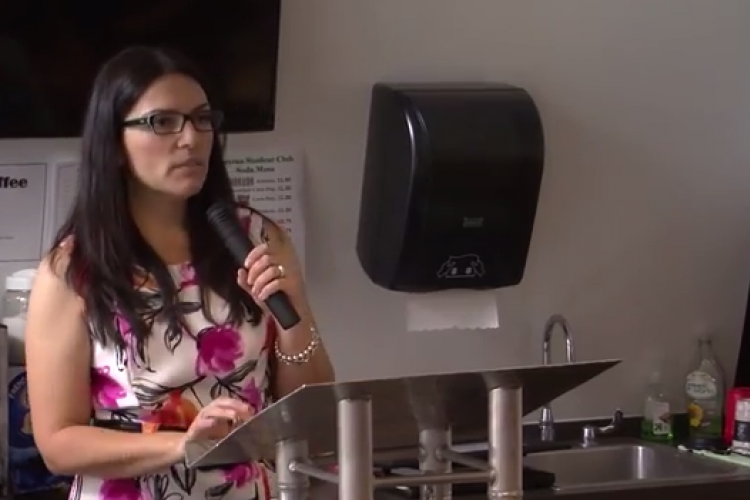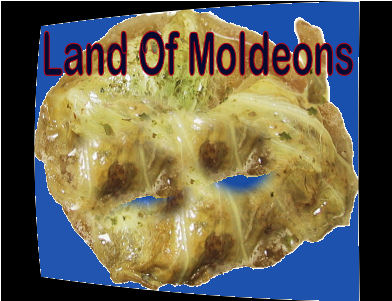
By Helen Morgan
Writing a believable science fiction story isn't as easy as it seems. You can't just throw a bunch of make-believe stuff together and expect to have a great story. If you want your story to capture the audience and be deemed worthy of greatness, it must be believable. This process requires knowledge of the characteristics of planet formations, the influence of different stars on the galaxy, political policies and procedures and even a good study of living organisms and how we function. All great fiction depends on a certain element of truth. Without that, you just have a nose curler.
One example of a not very believable science fiction plot is in the movie Avatar. Don't get me wrong, Avatar was an excellent movie with a great theme, I loved it, but it was not a very logical plot. Unobtanium (I love the pun), is supposedly a highly valuable mineral found on Pandora which humans want to mine in order to save the Earth from its energy crisis. Let's face it, the cost of mining from a different planet is not a very cost efficient way to save the Earth from the energy crisis. Plus, they have to go to war with the Na'vi to get to it which just adds more expense. The actual amount it would cost to do all that would buy plenty of solar technology to save the earth without any problem.
So, how does one go about creating a believable, yet fictional universe? The first thing is to study science, specifically the demographics and evolutionary factors that affect the stars, including weather conditions. The weather greatly depends on how close or far away your planet is from a sun. As we have witnessed from the warming up of our own planet, hotter climates increase chaotic weather patterns, i.e. tornadoes, earthquakes, hurricanes, etc. Also, you shouldn't claim it's raining on Jinter if Jinter is a big planet. Earth is a big planet and it rains in Phoenix, not on earth.
Politics is also an important issue to study to get a believable plot in your story. There is considerable difference between a Federation, Empire and Republics. A Federation is a more peaceable community. Everyone everywhere has a say over the policies of a Federation if they are allied with it. Empires, on the other hand, are dominated by centralized control freaks and the people have no say. Republics (including democracy) are represented by those the people vote for, yet the culmination of racial and economic matters usually means only a few have any real political clout. If life on earth is any indication of what would happen politically in another galaxy, we can expect humans to be aggressive, greedy and possess a gross thirst for blood, all in the name of religion or some other ill-perceived belief of other cultures or ideas. Yea, I know, my mama taught me (before kindergarten) not to create war with my neighbors just because they have something I want, too (at the time it was a blanket); it's just not right. But, let's face it, the phrase ëlive and let live' is only lyrics from a song, few people actually DO it. Since this is what takes place on Earth, it doesn't take much of a stretch of the imagination to believe they would do likewise with other planets. Politically speaking, everything boils down to money; and so, it should in your story. Greed and aggression often wipe out intelligence and passive communication. I don't mean to sound negative, but people do fight over anything that they feel is valuable (I really loved that blanket, damn it) and that's the truth. You could have a make-believe civilization that is beyond all the human character defects, but our own history with peaceable civilizations such as the Etruscans of Rome and Mayans of South America has shown us that they would inevitably be wiped out. Even the hippies figured out that the peaceful realm they longed for could not exist in the political arena of our modern world. Na'vi heros or heroines, such as those in Avatar, do not exist, no matter how much we would like them to. They are just cousins of Barbie.
Another very common plot among Sci-fi writers is the need for aliens to consume humans for food. One: if your alien is very human-like and it's eating humans, that makes it a carnivore and thus, it's amazing that your species would last long enough to make a space ship, much less fly all the way to earth without devouring the whole crew. (Beam me out of here, Scotty! Quick!) Two: Since the human gestation period is 9 months and we only produce one baby at a time, humans would only be good farm animals if the aliens lived for several hundred years or more. Even then, to say that an alien could ONLY survive on human meat is not feasible. Any good nutritionist would tell you that too much of any one food is not good for you. A more productive alien would benefit much better from alternative methods of sustenance. Three: You should study the food chains of your aliens and formulate a logical sequence. What is the affect of the food chain on your alien's planet? If they eat humans, what happens to us after they (ah-hem) eliminate us?
The anatomy of your aliens must also be realistic. Certain nervous systems adapt to certain anatomy, as well as different conditions. You can't just throw an eyeball anywhere without giving it specific conditions. For more realistic ways of formulating believable aliens, you should study other living organisms, cockroaches or mold, for example. It is not unrealistic to think that aliens from other planets might be more similar to mold than humans. (ewe)
If you would like more information on how to write believable sci-fi stories, I highly recommend the book Writer's Guide to Creating a Science Fiction Universe by George Ochoa and Jeffrey Osier. It is a very interesting and enlightening book that reads like a Science 101 course, but with the added benefit of relating aliens to humans and the feasibility of co-existence in a fascinating way. If you are a sci-fi nut, I'm pretty sure you would enjoy it. How to write believable sci-fi If you want your story to capture the audience and be deemed worthy of greatness, it must be believable.








